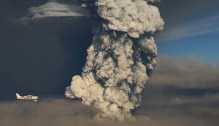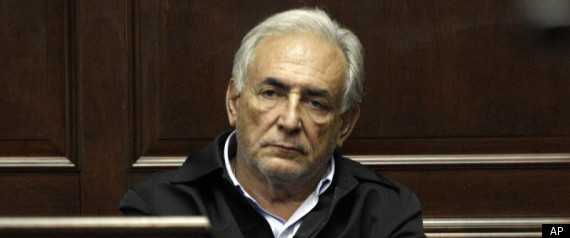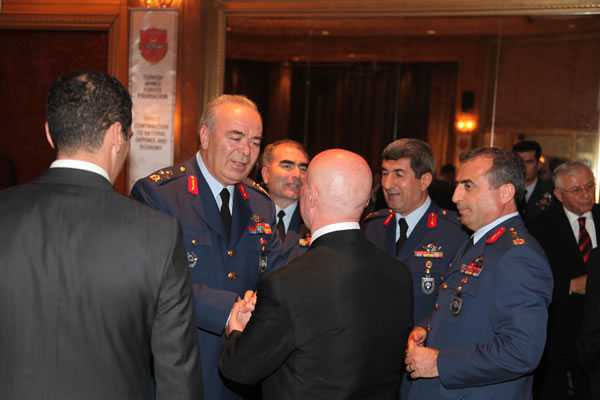Written by David Tash Lumu
Wednesday, 25 May 2011 18:58
East African countries are finalising on plans to have a common market without barriers

Istanbul-Turkey – The international community must employ three strategies—lower trade barriers, revise trade rules and ensure cuts in agricultural subsidies—as tools to lift the world’s poorest nations out of the economic-divide, Pascal Lamy, the World Trade Organisation (WTO) Director General has said.
Lamy also says that although the contribution of international trade to the development of least development countries (LDCs) is not “questionable”, a lot more work needs to be done.
“When it comes to the contribution of international trade to the performance of the LDCs, the progress is unquestionable: their average growth rate of 7% over the past decade exceeds the world average, and trade accounts for two thirds of that growth,” he said.
“During the same period, LDC trade grew twice as fast as world trade.”
However, the LDCs still account for only 1% of world trade. “In other words, the contribution of international trade to the development of the LDCs remains inadequate,” he said.
Speaking to delegates at the recently concluded Fourth United Nations Conference on the Least Developed Countries, held in Turkey from May 9-13, Lamy said: “Today, the LDCs account for one fifth of all WTO members, and receive close to half of our technical assistance.”
To revamp this “inadequate” contribution of international trade to the development of LDCs, Lamy suggests that the WTO and the international community should use the next 10 years to solve market access problems, minimize trade regulations and “the reduction and elimination of subsidies that are crippling agricultural production in the LDCs, as exemplified by the cotton issue.”
“In the trade regulations area, other decisions of utmost importance for the LDCs are being held up for similar reasons.”
Lamy also wants the international community to unblock trade restrictions by working on market access.
“It is both essential and urgent that we unblock these decisions in favour of the LDCs.”
He called for opening up market access as the entry point of uplifting LDCs.
“Let us begin with market access. Though it may be improving, access for LDC exports free of duty and quantitative restrictions is not always a foregone conclusion at the WTO,” he said.
He also said official development assistance (ODA) in LDC trade capacity building area has grown from $5 billion to $12 billion is a period of ten years.
“We are on the right path: the LDCs’ share in world trade has doubled in the space of 10 years,” he said.
The conference in Istanbul also assessed the results of the 10-year action plan for the LDCs as adopted at the third UN conference on LDCs in Brussels, Belgium, in 2001. Members have now called for more aid as a tool to combat poverty in their 48-page Action Programme resolution issued at the end of the UN conference in Turkey.
“Noting that most of these countries have made considerable efforts to mobilize domestic resources for their development, most of them face a huge financial gap,” the statement reads.
Members at the conference vowed to halve the number of LDCs, which is now 48 countries, and also appealed to donors to up their contribution to aid. The United States of America aid flow to LDCs has increased from $12 billion to $38 billion between 2001 and 2008.
The conference was organized as a way of putting the plight of LDCs on the international agenda so that a workable solution can be formed in order to reduce the continental divide between the developed and least developed.
dtlumu@observer.ugThis e-mail address is being protected from spambots. You need JavaScript enabled to view it
via The Observer – ‘To save LDCs, remove trade barriers’.





